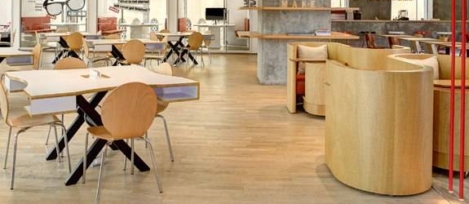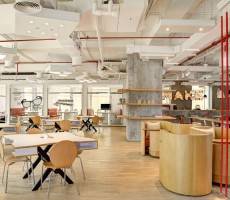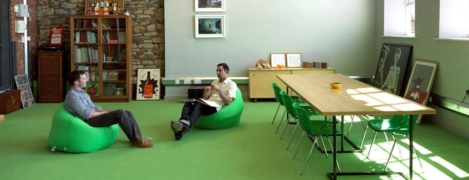July 20, 2015
Government urged to reinstate zero carbon buildings pledge
 More than 200 businesses from the construction, property and renewable energy industries have written to the Chancellor to reconsider the Government’s decision last week to abandon plans to introduce zero carbon buildings. In an open letter to the Chancellor, senior leaders from 246 organisations warn that the policy U-turn has “undermined industry confidence in Government” and will “curtail investment in British innovation and manufacturing”. In the Chancellor’s productivity plan “Fixing the foundations”, George Osborne unexpectedly axed the policy designed to ensure that all new homes built from 2016 meet zero carbon standards – together with a sister policy that applied to all new non-residential buildings such as offices, schools and hospitals from 2019.
More than 200 businesses from the construction, property and renewable energy industries have written to the Chancellor to reconsider the Government’s decision last week to abandon plans to introduce zero carbon buildings. In an open letter to the Chancellor, senior leaders from 246 organisations warn that the policy U-turn has “undermined industry confidence in Government” and will “curtail investment in British innovation and manufacturing”. In the Chancellor’s productivity plan “Fixing the foundations”, George Osborne unexpectedly axed the policy designed to ensure that all new homes built from 2016 meet zero carbon standards – together with a sister policy that applied to all new non-residential buildings such as offices, schools and hospitals from 2019.



































June 29, 2015
Beyond agile working: the six factors of knowledge worker productivity
by Andrew Mawson • Comment, Facilities management, Flexible working, Workplace, Workplace design
More →